VOICES: “OTHER” IS NOT A RACE, DO YOU SEE ME NOW? BY PATRICIA BRADBY
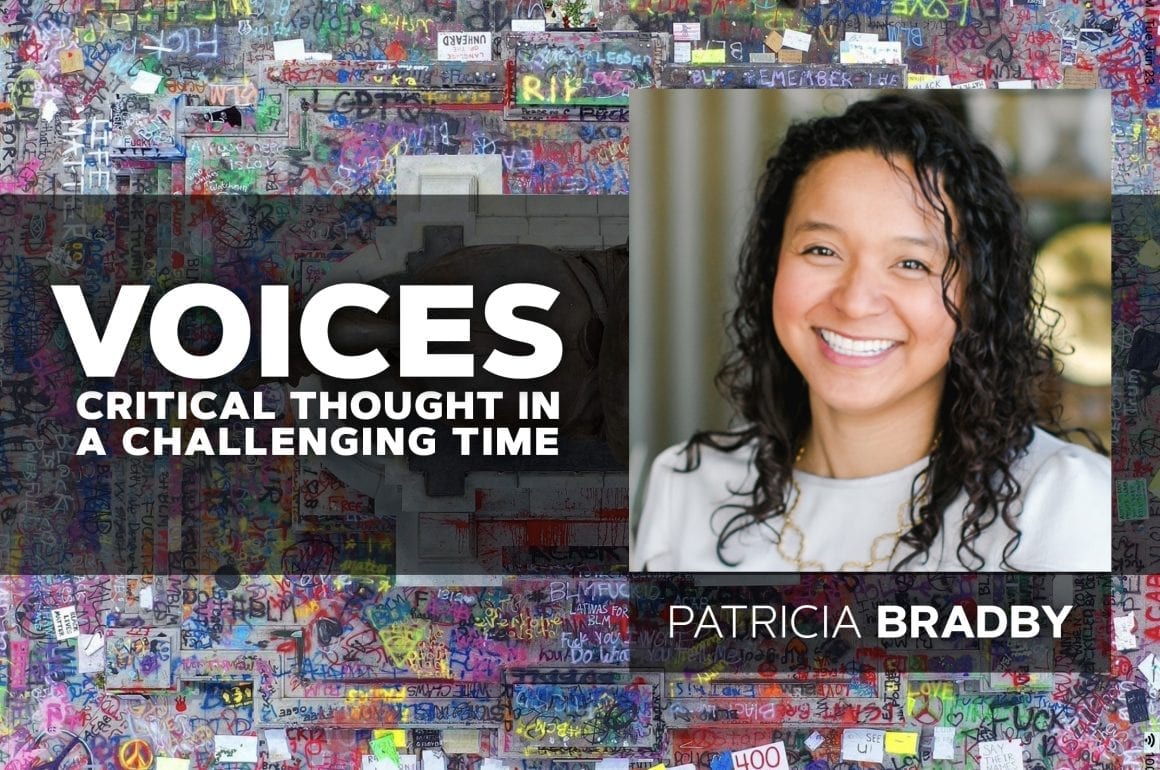
There is no denying it, 2020 has been the most bizarre year of my life. It has taken a wave of protests for social justice, unlike anything this world (not just our country) has ever seen, for me to be seen as something I have always been: Black.
As a biracial child growing up in a predominantly white county, I am not sure I was ever seen as any race. My mom is Chinese-Malay. My dad is African-American. I never considered myself more Black than Asian, nor more Asian than Black. But I certainly identify as both, and always have. However, when you are racially ambiguous to the outside world, you are simply seen as “other.” Even to some of my closest friends growing up, I was not Black. I was also not Asian. I was just Patricia.
While I am grateful that for much of my life my race did not define me, what I am finding now is that this “otherness” has put me in a unique position to have very vulnerable conversations with individuals who have very rarely talked about race with a person not of their same race, if they have ever really talked seriously about race at all.
I am glad that people are taking such an interest in educating themselves on racial disparities. Still, like many others, I find myself exhausted by the overwhelming volume of race conversations. I am aware that for many of the individuals I have talked to, there may be few (if any) other people of color to whom they can turn to have such vulnerable conversations. To me, it is a blessing to be given the opportunity to illuminate the many inequities in our society for individuals who otherwise may never see them. Their inability to see creates an inability to change. I like to think I am opening the door to both of those possibilities. Big or small, every change matters. And that is why even through the exhaustion, I continue to talk to whoever reaches out.
People are constantly asking, “What can I do? How can I use my privilege to help others?” To this, I have two things to say:
(1) Discussing this recently with a small group of girlfriends, one person expressed that it’s not about making a seat at the table, it’s about realizing that the table does not belong to you. The table belongs to all of us and the seats are for everyone. So not only should you be inviting people of color to the tables where you are seated, but you should be expanding your circle and sitting at tables where not everyone else looks like you. All the tables are for everyone.
(2) Realize that it is what you are doing and saying in front of the smallest audiences that matters the most. Social media is full of noise. It’s not that making a statement on those platforms means nothing, but to truly change hearts, minds, and systems these conversations have to take place offline. The smaller the circle, the more intimate the conversation. The smaller the circle, the less distraction and noise. The smaller the circle, the greater the focus and the higher the probability is for a true moment of empathy. No matter how many conversations I am asked to have, I know the impact of those one-on-one interactions are immeasurable in the fight against social injustice and systemic racism.
I hope the same people who now see me as Black, also come to see the racism against Black people in our economic infrastructure, academic institutions, housing opportunities, criminal justice system, highway construction, and even access to healthcare. If COVID-19 has not exposed the way healthcare disparities have failed Black people in this country, I am not sure if anything ever will. All of these systems are intertwined, and all of them were historically created to solely advance white people in America, holding back anyone and everyone else, my Black father and my immigrant mother included, me included. I have been afforded my own privileges in life by virtue of the hard work of my parents and their parents before them. I do not see my privilege as an opportunity to overlook that which I have the power to change, and I hope no one else will either.


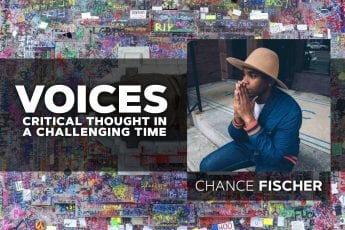
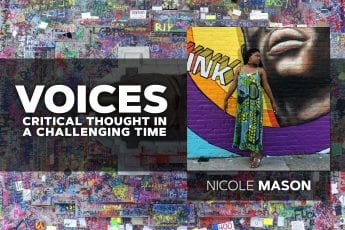
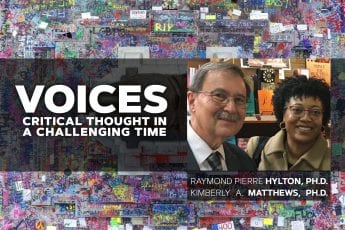


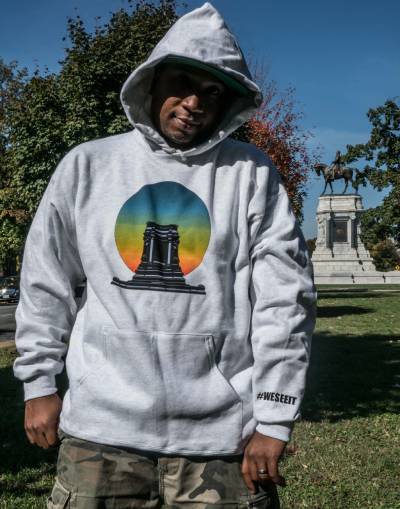 The Cheats Movement is dedicated to hip-hop culture, politics, and community activity. We see our community different than most, therefore, #WESEEIT
The Cheats Movement is dedicated to hip-hop culture, politics, and community activity. We see our community different than most, therefore, #WESEEIT
Leave a Comment